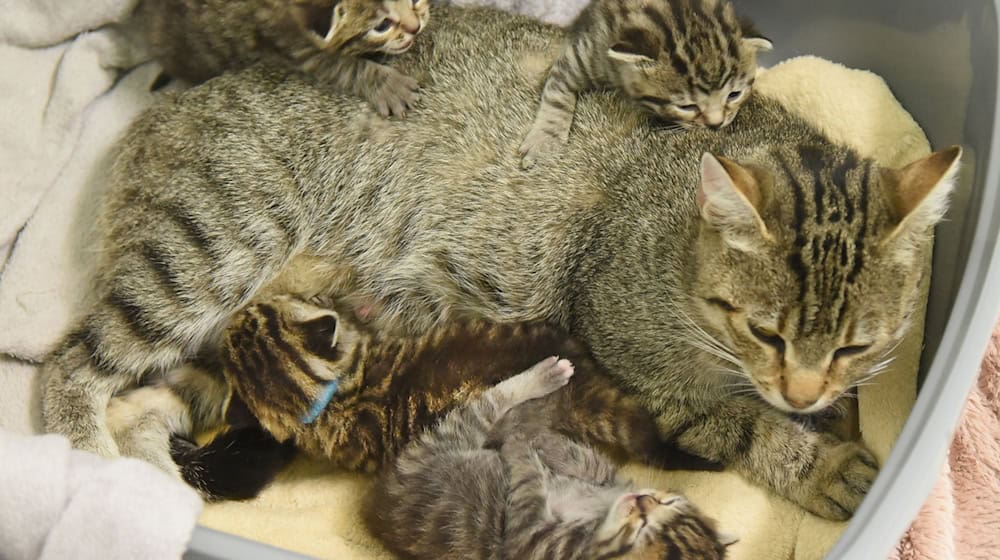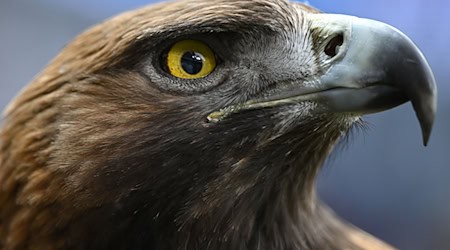Saxony's animal shelters are reaching the limits of their capacity when it comes to taking in kittens. What is actually unusual for this time of year has become a growing problem throughout the state in recent years, as the second chairman of the Saxony Animal Protection Association, Michael Sperlich, said. He called for a Germany-wide cat protection ordinance.
In recent years, the time of whelping has increasingly shifted from summer to fall. "The cats are adapting to the cooler springs. The first litters of the year come later. We have kittens until Christmas time," explained Sperlich. In addition, the cats reach sexual maturity earlier. The reasons for this are unclear.
Unneutered domestic cats with an outdoor run are reproducing
According to Sperlich, it is mainly unneutered domestic cats with an outdoor run that are contributing to the problem: The so-called free-range cats reproduce among themselves or with street cats, which are often infected with diseases. The wards in animal shelters are limited. "Then there are the late effects of the pandemic," added Sperlich. Many owners who had acquired animals during the coronavirus pandemic would give them up again.
Sperlich believes that the current legislation in Saxony is too complicated to implement. He emphasized that there are already clear regulations in other federal states requiring cats to be neutered and tagged with chips before they are allowed outside for the first time. This is the only way to prevent uncontrolled reproduction and assign cats to their owners.
Cat owners also have a responsibility
The Delitzsch animal shelter is looking after around 90 cats this fall, two thirds of which are kittens. In addition, the infirmary is overcrowded, currently mainly due to cat flu, reported Chairwoman Simone Ewald. She also pleaded for a legal regulation for castration and identification. However, Ewald also saw cat owners as having a responsibility: "People have not realized that this is a man-made problem. Many are still resistant to advice when it comes to neutering their own animals."
Most cats are collected from the street by the Delitzsch animal shelter. Pregnant street cats can give birth safely and the kittens can be better tamed at the shelter, making them easier to place. According to the German Animal Welfare Association, kittens living in the wild usually do not survive six months. "So many animals fall through the cracks, live outside and are not seen or cared for. Neutering and chipping would reduce animal suffering."
Copyright 2024, dpa (www.dpa.de). All rights reserved




